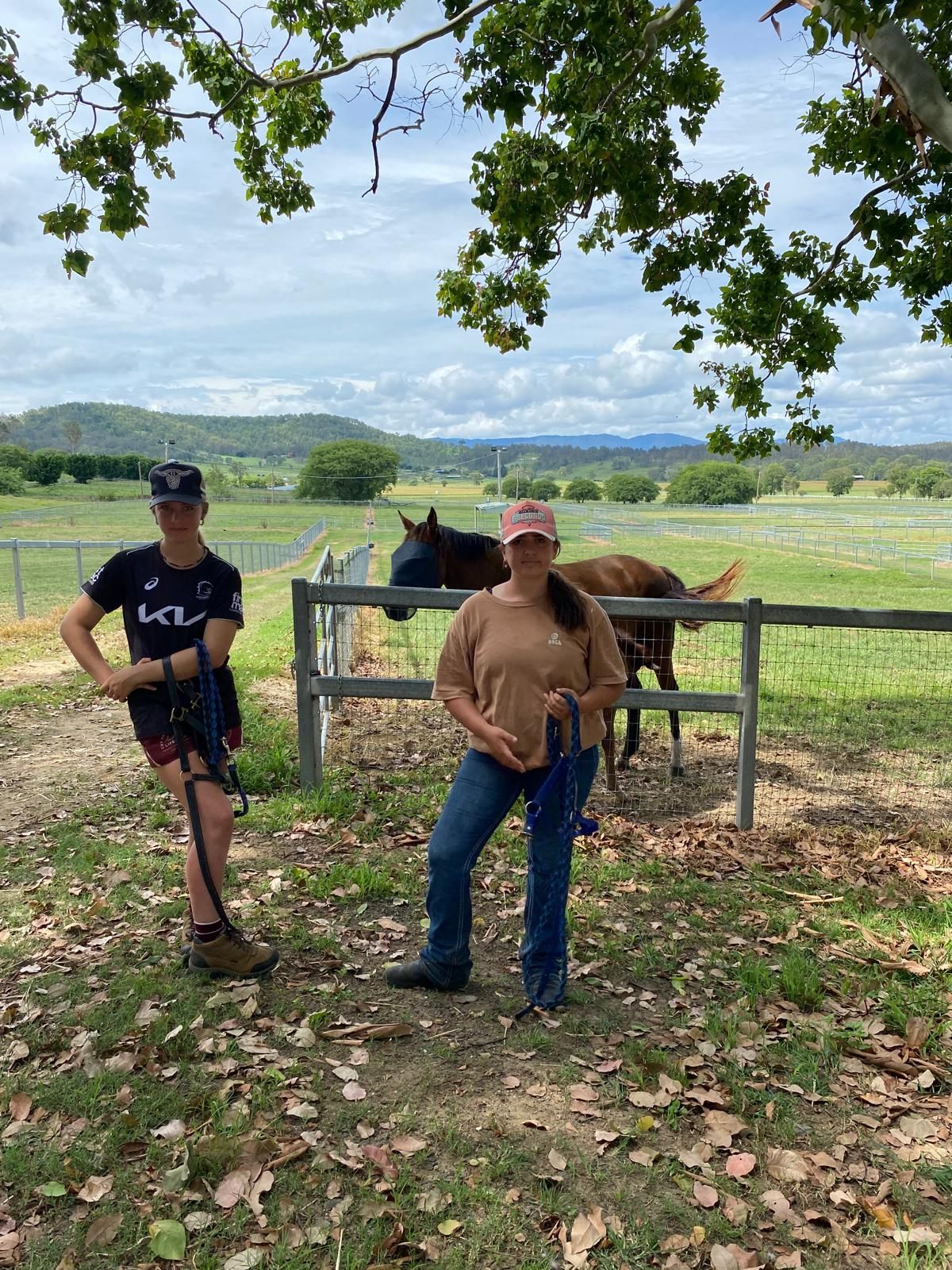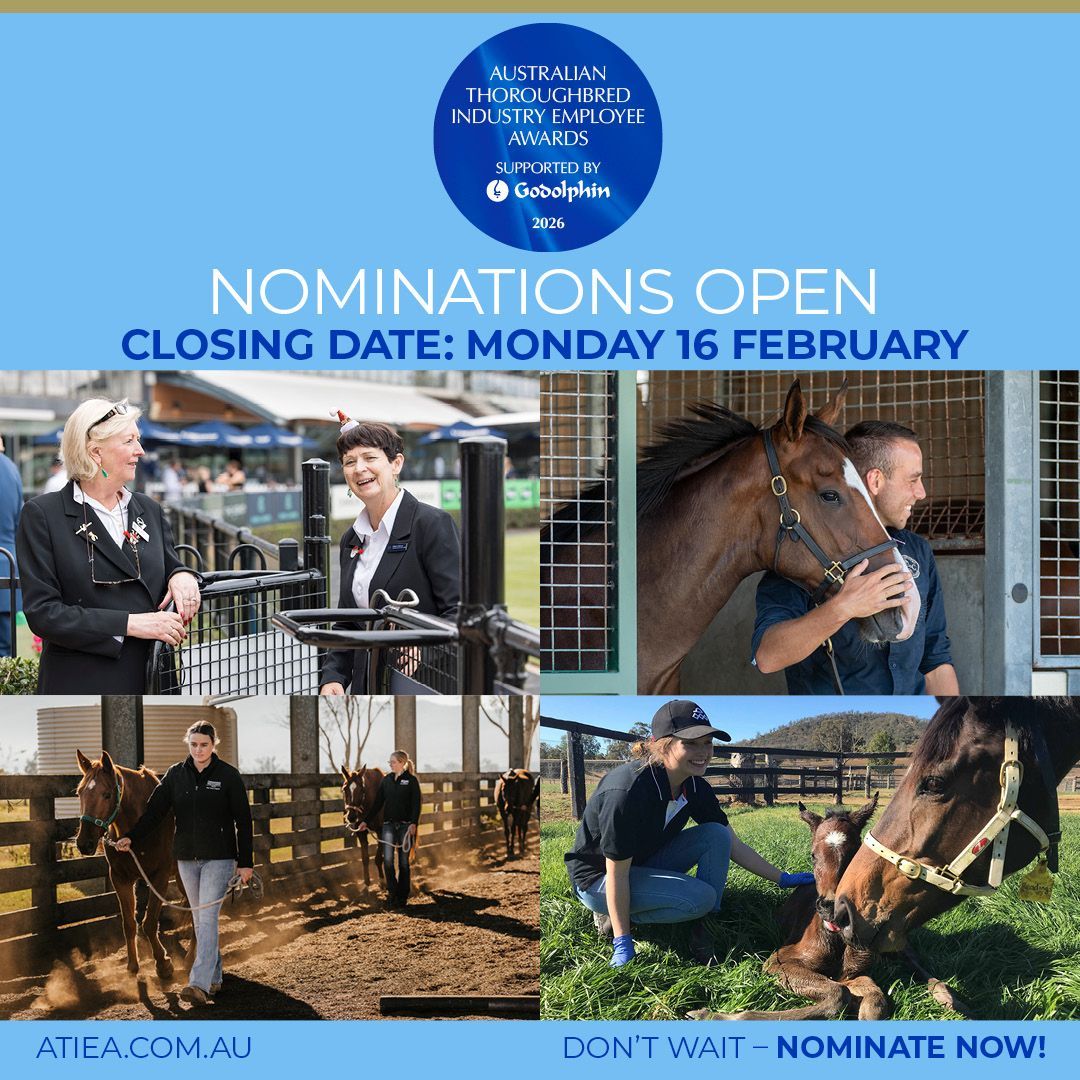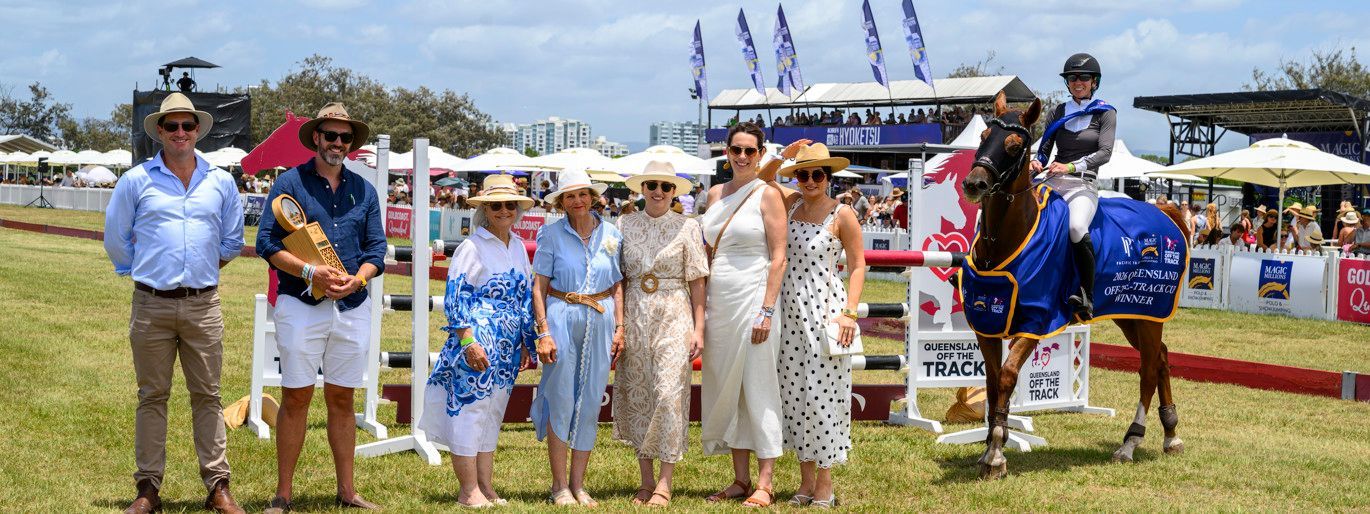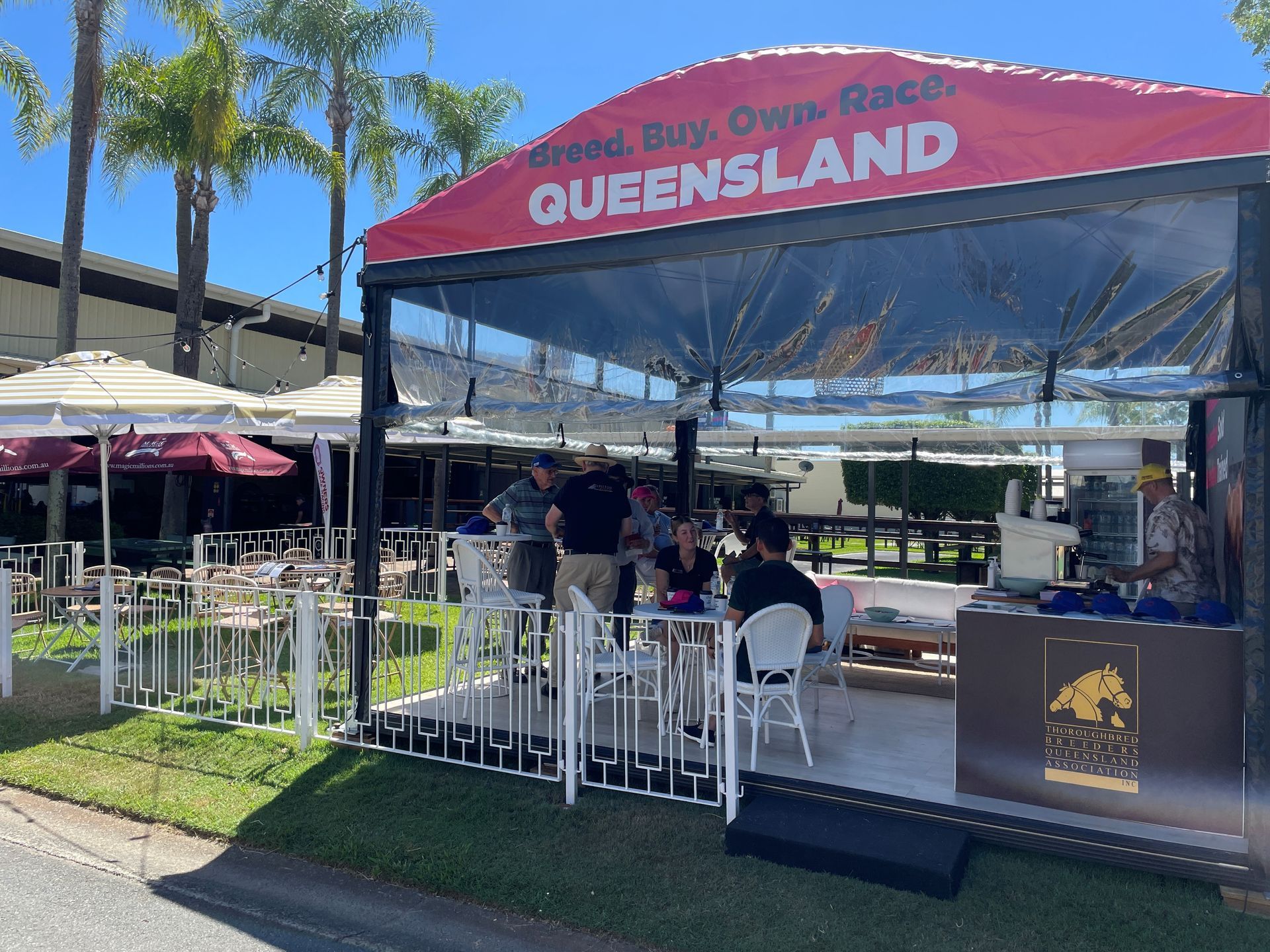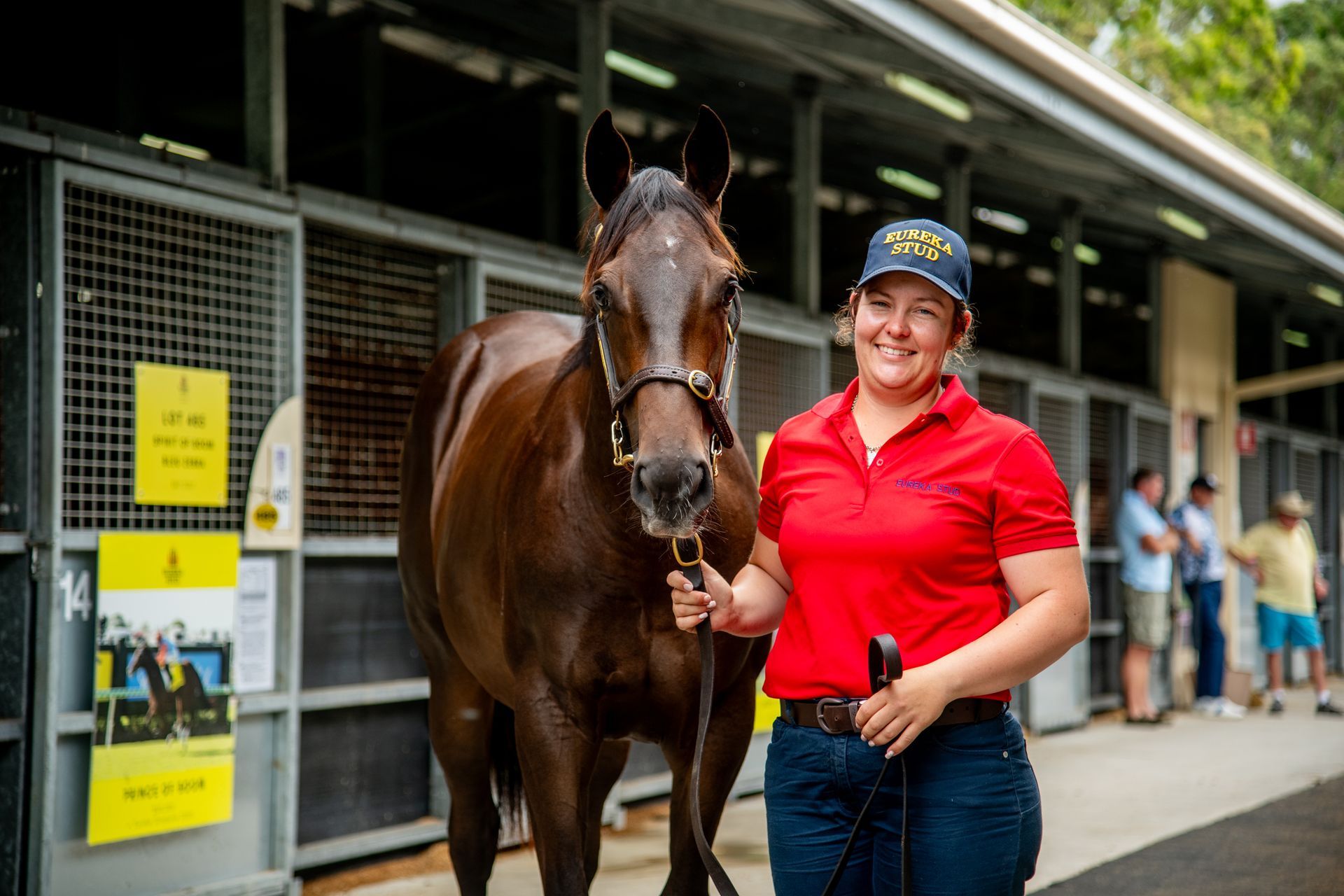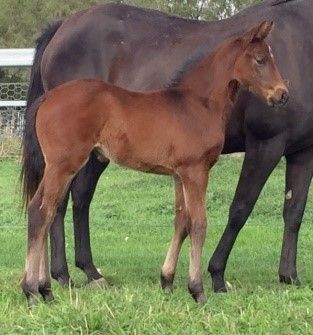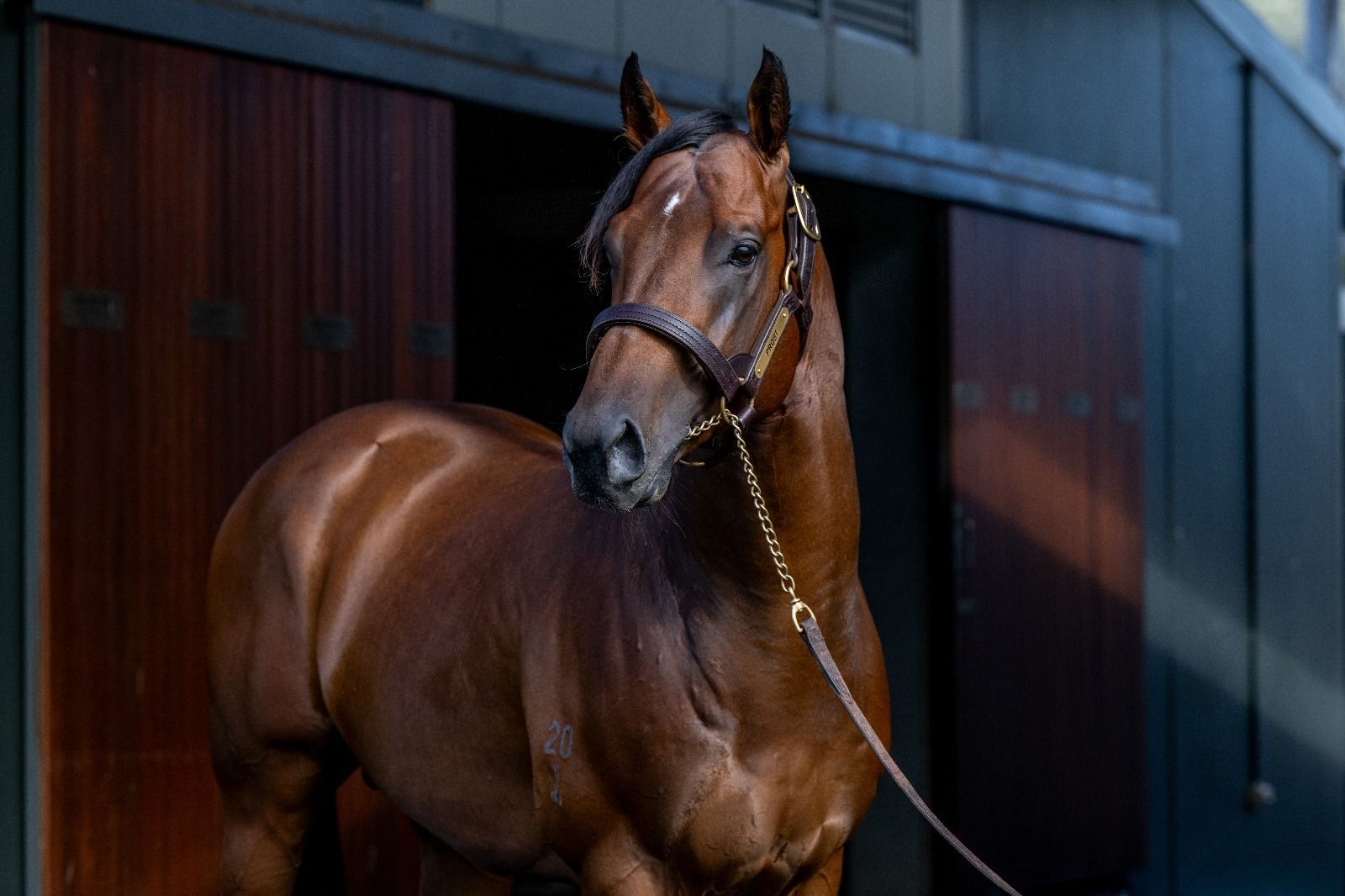Trainer and Owner Reforms

Racing Australia is introducing new reforms commencing 1 August 2017. First announced in November 2016, these measures are known as the Trainer and Owner Reforms (TOR) and have been incorporated into the Australian Rules of Racing.
TOR Rules
The reforms will operate pursuant to the TOR Rules, which are part of the Rules of Racing. As you are a person bound by, and subject to, the Rules of Racing, you will also be required to comply with the TOR Rules - they are mandatory.
Key Benefits
-The reforms are intended to provide greater certainty and clarity in the relationship between owners and trainers as well as between multiple owners of a horse.
-They are aimed at encouraging on-time payments of training fees and introduce a streamlined process to resolve issues where payments are not made in a timely fashion.
Standard Training Agreement (STA)
The reforms introduce a new Standard Training Agreement (STA) which will be applicable to all trainers and owners; only owners who either train a horse themselves or employ a trainer exclusively for them under a written agreement will be exempt.
Unless trainers and owners (other than those exempted) make other written arrangements regarding their training relationship in accordance with the TOR Rules, they will be bound by the STA.
However, if trainers and owners wish to make other arrangements which differ from the STA, they can in writing agree to:
a) Vary specific terms of the STA, provided they don't exclude, vary or limit the operation of any provision of the Rules of Racing (including the TOR Rules).
b) Continue with an existing training agreement or enter into a new training agreement (which operates in conjunction with or instead of the STA), provided that they comply with the TOR Rules.
Importantly, if there is any inconsistency between any amended terms of the STA or any terms of the other agreement and the Rules of Racing (including the TOR Rules), the Rules of Racing (including the TOR Rules) will prevail to the extent of the inconsistency.
Co-owner Agreement (COA)
The reforms also introduce a new Co-owner Agreement (COA) that will strengthen the rights and obligations of co-owners of a horse.
a) The COA applies to all co-owners except for those co-owners who own an interest in a horse as a result of acquiring shares through promoter syndicates who operate under ASIC issued Australian Financial Services Licence (AFSL).
b) A key principle of the new COA arrangement is that each owner agrees to be severally liable in respect of the horse ownership venture, but not jointly and severally liable. Accordingly:
i) each co-owner has to pay his or her percentage share of the costs or expenses of the venture in accordance with his or her ownership of the horse; and
ii) if a particular co-owner defaults, the other owners do not also have to cover or contribute to the defaulting owner's percentage share of costs or expenses as well.
Unless co-owners (other than those exempted) make other written arrangements regarding their horse ownership venture in accordance with the TOR Rules, they will be bound by the COA.
However, if co-owners wish to make other arrangements which differ from the COA, they can in writing agree to:
a) Vary specific terms of the COA (in accordance with its terms), provided they don't exclude, vary or limit the operation of any provision of the Rules of Racing (including the TOR Rules).
b) Continue with an existing ownership agreement or enter into a new ownership agreement (which operates in conjunction with or instead of the COA), provided that they comply with the TOR Rules.
Importantly, if there is any inconsistency between any amended terms of the COA or any terms of the other agreement and the Rules of Racing (including the TOR Rules), the Rules of Racing (including the TOR Rules) will prevail to the extent of the inconsistency.
For Owners & Trainers
a) Trainers issue a Fees Notice within 7 days of appointment as the trainer of the horse and it is the managing owner's responsibility to accept the fees on behalf of the owners (after providing a copy to, and consulting with, the owners). It is important to note that the TOR Rules set out a transition period during August 2017 for the provision of Fees Notices by trainers.
b) Trainers issue an invoice within the first 15 days of the start of the month for training services that were provided in the previous month.
c) Payment will be due by the end of the month in which the invoice is issued.
d) Where only a percentage of an invoice is in dispute, the amount of the invoice not in dispute is still due and payable by the end of the month.
e) The reforms provide safeguards for owners, including the right to dispute a trainer's invoice.
f) If the owner does not pay the trainer by the end of that month of invoice, Racing Australia and/or Principal Racing Authorities (PRA) may be able to act under the Rules of Racing to encourage payment. That could include (i) refusing registrations of, or transfers of interest in a horse to another trainer, or between owners; and (ii) freezing prizemoney to which an owner would otherwise be entitled and directing payment of that prizemoney to the trainer, if the trainer contends that money for training fees and/or costs are owing.
Training Disputes Tribunal
A Training Disputes Tribunal (TDT) will be established in each state and territory by the relevant PRA, specifically to hear disputes between owners and trainers and determine whether the owner owes money to a trainer in relation to training services, and if so, how much.
The TDT will not deal with disputes arising between co-owners in respect of the COA.
In Summary
We at Racing Australia ask that you familiarise yourself now with the reforms to come into force on 1 August 2017. This should include reviewing the TOR Rules and the standard agreements (as they apply to you) and considering whether any changes are required to any existing agreements that you may have in place.
More information can be found at www.racingaustralia.horse.
Email: tor@racingaustralia.horse
Telephone: 1800 870 799
Monday to Friday 9am - 5pm
We also welcome your questions on any aspect of the TOR and will answer them as soon as practicable.
Racing Australia believes these reforms will enhance the financial security of trainers and benefit the racing sector overall, with owners and trainers provided with an industry-operated process to manage disputes in relation to trainer fees. Co-owners of a horse will also benefit from improved structures to govern their ownership arrangements.

